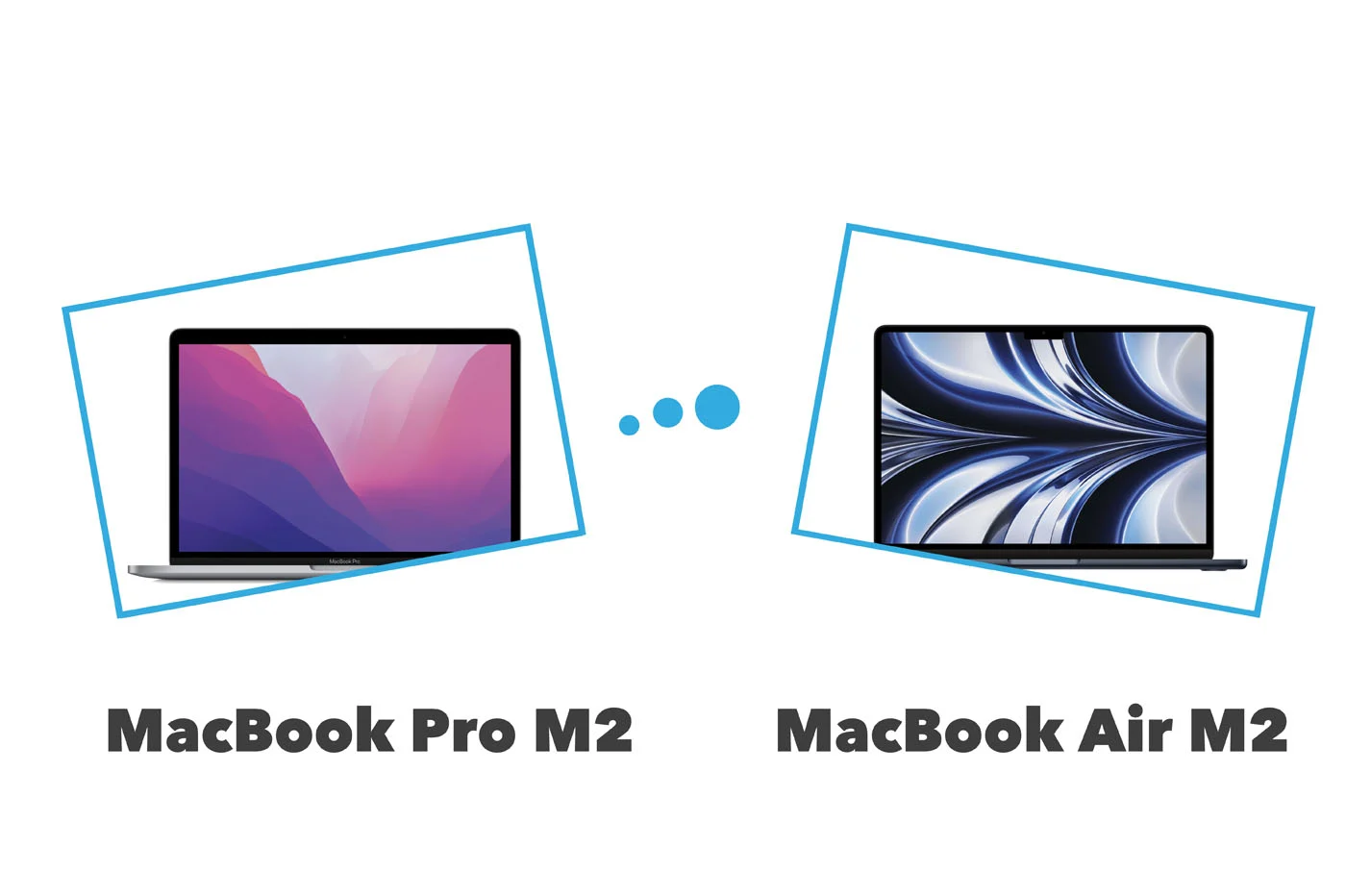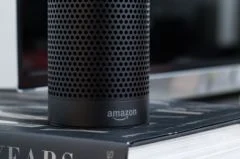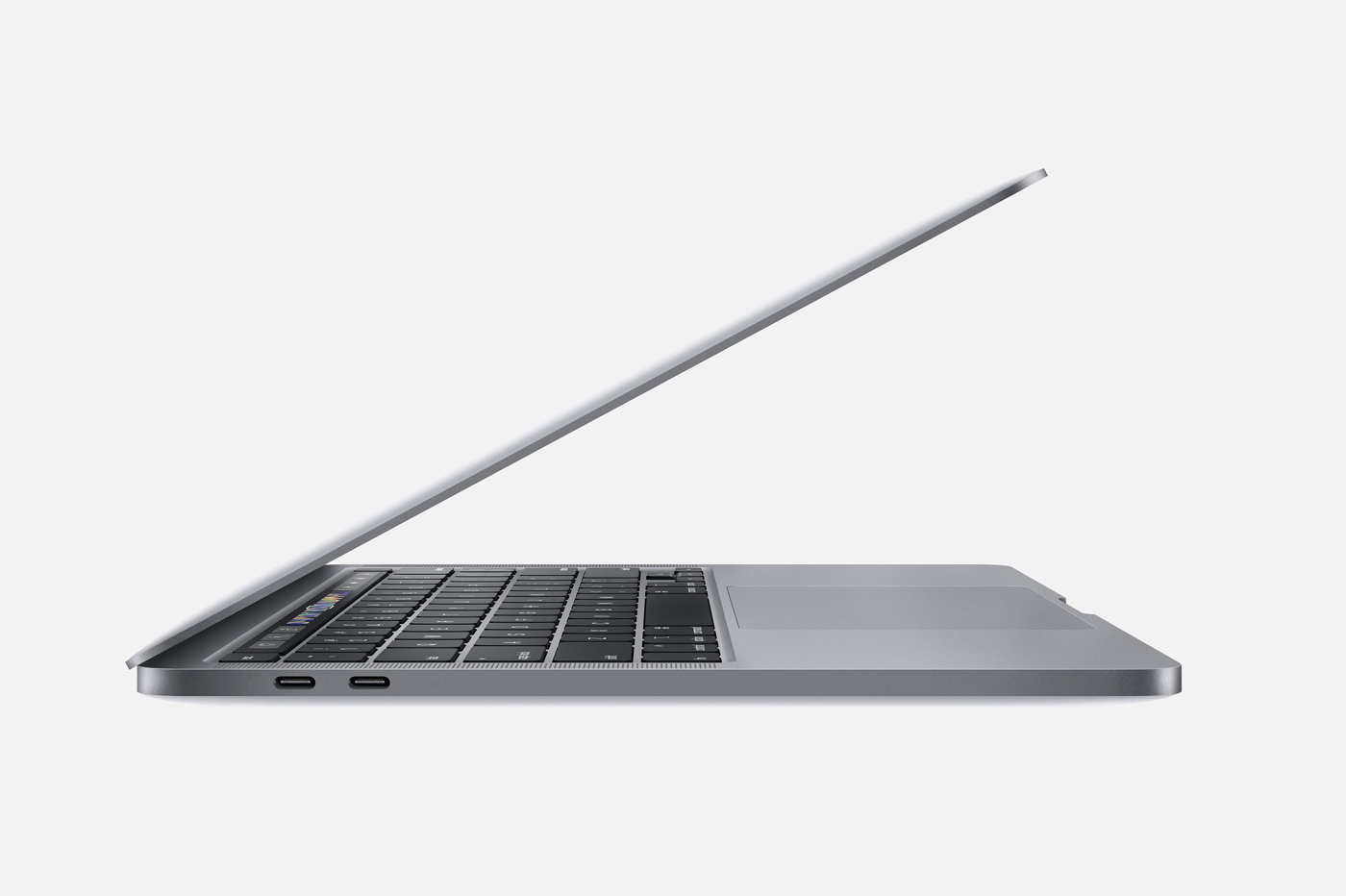As the world shifts decisively towards renewable energy, promising a greener and more sustainable future,a sea serpent resurfaces from the depths of the technology industry.Les batteries lithium-ion, true pillars of this energy revolution, propel ourelectric cars, power our smartphones and store energy in our solar panels.
However, behind this neat facade hides a much darker reality:the growing shadow of forced labor and child labor hangs over their production. This stark contrast between the promise of a green future and the opaque practices of the industry raises a chilling question: at what human cost are we building our energy paradise?
A market tainted by questionable practices
Lithium-ion batteries, stars of the energy transition, hide a bleak secret. A recent study conducted by Infyos, a platform for analyzing risks in supply chains, reveals a chilling reality:75% of the global battery marketwould be linked to entities accused of completely inhumane practices.
This study sifted through data from multiple sources; social networks, NGO reports, press articles; Andpoints out abuses in several resource-rich countries.
Not too surprisingly, the majority of incidents recorded involve mining and refining companies in China,particularly in the Xinjiang Uyghur Autonomous Region in the northwest of the country. Abuses range from forced labor under threat of no or minimal pay to the exploitation of children as young as five in cobalt mines in very dangerous conditions.
Potentially serious consequences for the industry
Faced with these revelations, the battery industry must evolve at all costs, otherwise it could falter. Currently, the European Union is preparingnew regulations on batterieswhich will require increased traceability and better risk management. These are Regulation (EU) 2023/1542 of the European Parliament and of the Council of July 12, 2023 relating to batteries and battery waste,available here.
Companies not complying with these requirementscould be completely banned from accessing the European marketor be subject to heavy fines.
In addition, investors seem to be showing increasing sensitivity to these socio-environmental issues.According to a PwC survey, 49% of investors surveyed say they are readyto disengage from businesseswhich do not sufficiently take into account environmental, social and governance (ESG) issues.
Sarah Montgomery, co-founder and CEO of Infyos,highlights a complex reality: «Most battery manufacturers and their customers, including automotive companies and large-scale energy storage developers, still do not have complete visibility into their supply chain».
The lithium-ion battery industry is therefore ata critical crossroads. On the one hand, it is one of the pillars of the transition to clean energy and the achievement of carbon neutrality objectives. On the other hand, it faces serious ethical problems which couldseriously compromise its developmentif it fails to ensure the transparency of its supply chains.
- 75% of the global battery market is linked to entities accused of forced labor and child labor.
- The majority of incidents occur in China, particularly in the Xinjiang region.
- The industry risks regulatory sanctions and investor disengagement if it does not address these ethical issues.

i-nfo.fr - Official iPhon.fr app
By : Keleops AG






